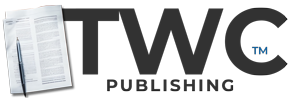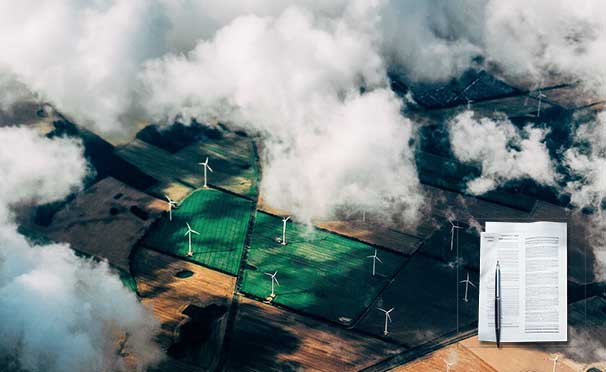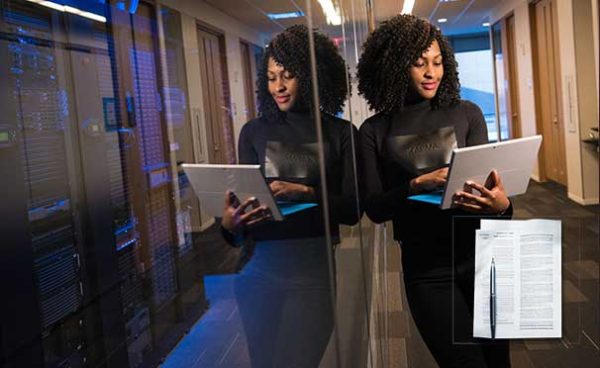A Renewable Energy Startup
No Fee
| Case ID: | ENTP-SR-20230719-1-V1 |
|---|---|
| License: | CC BY-NC-SA 4.0 |
| Pages | 3 pgs |
| Case Study Analysis | Not Included |
| Teaching Notes | Not Included |
| Ai Level | Content co-authored with the OpenAI API |
| Category(s) | Entrepreneurship: 9/10 |
In this case study, we delve into the challenges faced by SunRise, a California-based renewable energy startup spearheaded by Samuel Gibson, a dedicated energy engineer. SunRise is on the cusp of a significant breakthrough, with prototypes of advanced solar panels and wind turbines promising superior efficiency and longevity. However, the company finds itself at a crossroads, needing substantial capital to transition from prototypes to market-ready products. The case centers around the crucial decisions Samuel needs to make regarding securing this funding, exploring themes of entrepreneurship, finance, strategy, sustainability, and leadership.
Case Alignment with Categories (out of 10):
- Entrepreneurship: 9/10 - The case centrally revolves around Samuel's efforts to launch and sustain his renewable energy startup, SunRise.
- Finance: 8/10 - The main issue in the case is securing funding to scale up production, a critical element in finance.
- Strategy: 8/10 - Samuel is presented with strategic choices about how to secure funding and move forward with his venture.
- Sustainability: 8/10 - The case is set in the renewable energy industry, inherently linking it to the topic of sustainability.
- Leadership: 7/10 - As the CEO, Samuel's leadership style and decision-making are important aspects of the case.
Weaknesses of this Case Structure:
- Lack of Stakeholder Perspectives: While the case outlines the key stakeholders, it lacks in-depth perspectives from these stakeholders. Insights from investors, customers, or regulatory bodies would add richness and complexity to the case.
- Limited Data: The case lacks sufficient quantitative data, which could support the analysis and understanding of the situation. Detailed financials, market analysis, or competitor benchmarking could enhance the quality of the case.
- Absence of Industry Context: The case does not delve deep into the renewable energy sector's intricacies and unique challenges, limiting the analysis scope.
- Storytelling Aspect: The case lacks the 'storytelling' element, which would make it more engaging and relatable. Adding more about Samuel's journey, his struggles, motivations, and experiences could enhance the case's narrative quality.
- Solution Orientation: The case ends with the dilemma but does not present potential solutions or consequences of different actions. While this keeps the case open-ended, it may limit learning opportunities for students who could benefit from a guided exploration of possible outcomes.
Strengths of this Case:
- Realistic Scenario: The case portrays a very realistic scenario faced by many startups, making it highly relatable for students interested in entrepreneurship or strategy.
- Decision-making Focus: The case highlights a critical decision point, requiring students to evaluate different strategies and consider the implications of their choices. This is excellent for courses focused on strategic management or leadership.
- Interdisciplinary Nature: The case touches upon various areas - entrepreneurship, finance, strategy, sustainability, and leadership, making it versatile for a wide range of courses.
- Clear Dilemma: The case presents a clear, well-defined dilemma, which is essential for case-based teaching. It encourages students to think critically and engage in thoughtful discussion.
- Link to Current Issues: The case's focus on renewable energy links it to contemporary issues around sustainability, clean energy, and climate change, adding a layer of relevance and urgency to the discussion. This makes the case particularly useful for courses dealing with sustainability or public policy.





